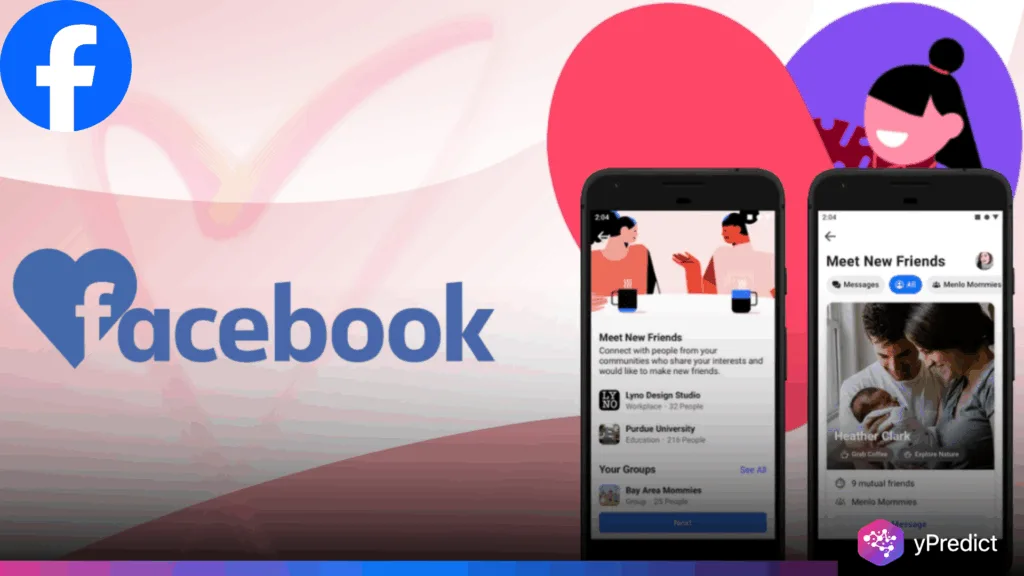
Meta just launched the Facebook Dating Assistant to aid match-making there. This update introduces a personalized matching algorithm and meeting feature called “Meet Cute” that automatically matches users through surprise matches. It trails fast-growing among young adults on Facebook Dating, where activity is up 10% a year. The new feature uses AI to reduce the effort users invest in finding matches and crafting attractive profiles. This fits into a larger drive to fold AI into social platforms for more effortless socializing and optimised experience. But privacy and algorithmic fairness concerns continue to be important.
How Facebook Dating Assistant Works
Facebook Dating Assistant employs AI to examine users’ profile data. Suggests match & content for each user. But key new features, Meet Cute, takes it a step further and pairs you up automatically. Rather than swiping or looking users receive surprise matches that correspond to their profile data. This saves effort and speeds up the dating engine on the service. Meet Cute’s matches are based on AI recommendation technology similar to that used by streaming and shopping services. Then again, dating needs more than advice-it needs a genuine interest to function. This makes Meta’s matching algorithm more complex.
It sucks with users aiming at members they deem prettier/more popular. This dynamic stands in contrast to academic matching models, such as the Gale-Shapley algorithm, which assume matched pairs to be equally desirable. Meta’s system attempts to infuse these theories into real-world dating behavior. So the explosion of under 24 users suggests these AI prompts might help attract more fans to Facebook Dating. But, the algorithm must be open and fair or it’s biased and annoying. Meet Cute is going to be the true test of how well AI can scale human matchmaking.
Privacy and Social Implications
This growth in Facebook Dating activity is connected to Gen Zers growing more at ease with online dating. And the monthly profile creation rate in the U.S. and Canada is rising precipitously. It’s all a reflection of a broader transformation in the post-pandemic digital social environment. But there are serious issues of privacy and bias. Dating apps hold some of the most sensitive information. Without strong protections, this data can be vulnerable to leaks or misuse. Europe’s strict data policies limit how long companies can keep user information.
The U.S., meanwhile, has weaker laws, which is why I’m concerned about how Meta handles dating data. Plus, algorithms can accidentally favor certain users over others. This bias can unfairly affect dating and skew match results. And the other issue is that most people seeking partners aren’t on social media. This gap limits the effectiveness of an AI dating assistant. Without offline options or massive data synergy, users could find less relevant matches. Meta must solve transparency, privacy, and fairness to maintain user trust and enhance the dating experience.
Conclusion on Facebook Dating Assistant
Meta’s Facebook Dating Assistant slays a fresh method to easily create love with AI By hooking you up automatically, Meet Cute rewrites the way users meet online. But it’s going to require solving privacy issues and making the algorithm equitable and precise in order to succeed. And, on top of that, the gap between on and offline dating remains a challenge. Tracking consumer reaction and objective reviews will be essential in capturing the actual effects of this AI-prompted dating revolution in Meta’s kingdom. This balance stands for blending convenience with genuine human interaction.





